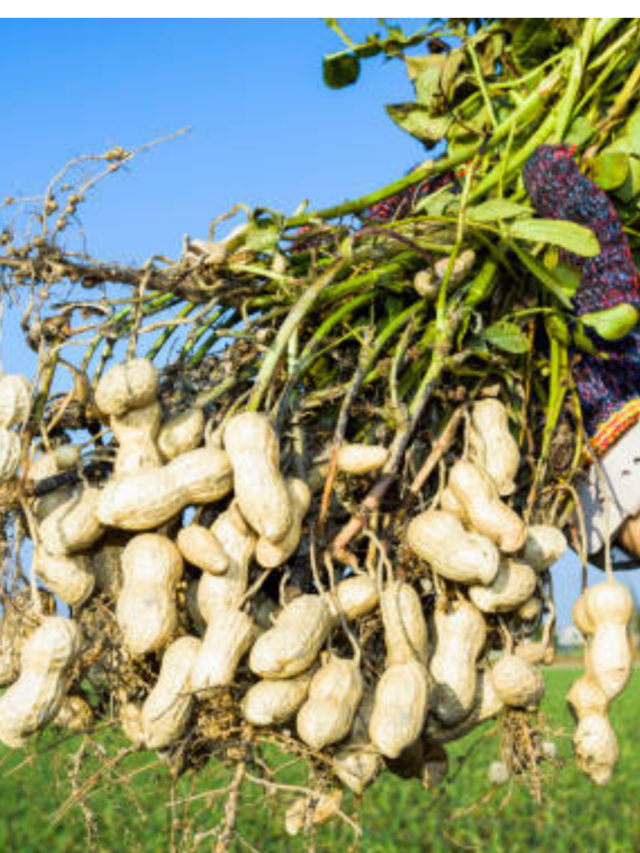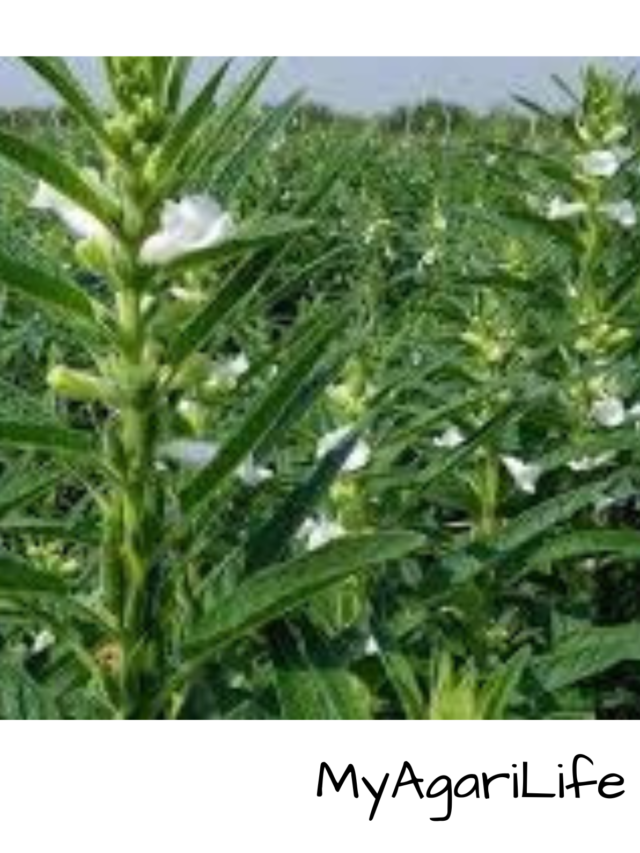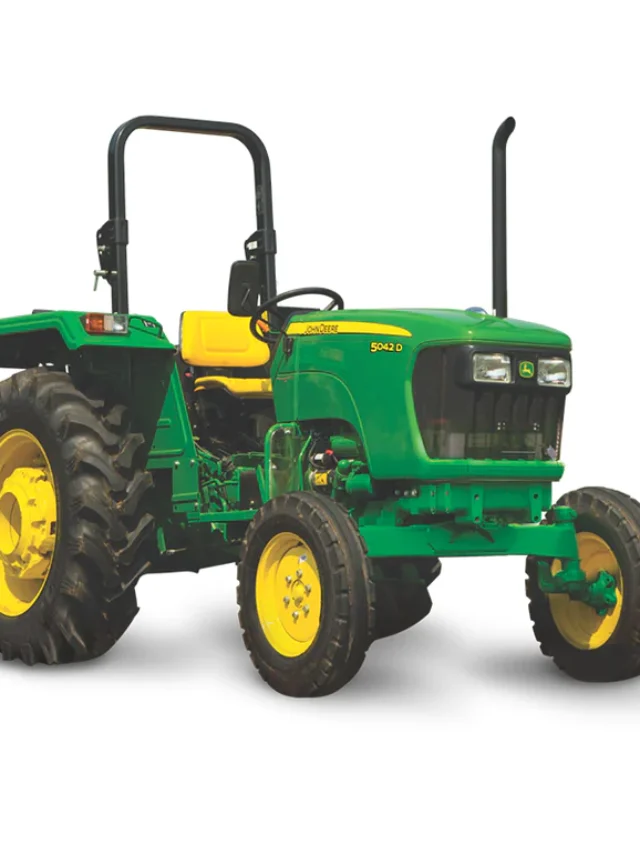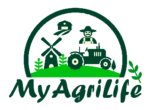
Agriculture is the backbone of many economies across the world. ChatGPT helps farmers to sel to consumers. Blockchain technology is rapidly gaining popularity in the agricultural sector tha that bring transparency and security to the industry.
What is Blockchain Technology?
Blockchain technology offers various benefits for agriculture by providing secure record-keepin contracts. Smart contracts allow farmers to sell their products directly to consumers without int transparency throughout the supply chain. Moreover, blockchain can help reduce fraud and co enabling the tracking of goods from farm to table.
The immutable nature of blockchain ensures everyone along the supply chain can trust each ot food products are safe for consumption. Blockchain Technology offers an innovative solution to today, including traceability issues related to food safety concerns and transparency problems r within commodity markets.
What is ChatGPT?

ChatGPT, or Chat Generated Pre-Trained Transformer, is an advanced Artificial Intelligence (A gaining immense popularity. It is a natural language processing tool developed by Open AI t any prompt.
The technology uses deep learning techniques to analyze and understand the context of a co machines to interact with humans more naturally.
ChatGPT’s ability to learn from vast amounts of data makes it ideal for various applications, in commerce transactions, and educational purposes. Its versatility enables it to adapt quickly, tailored to specific user needs.
However, there have been debates around ethical issues regarding using Chatbots since the that could lead them to discriminatory behavior, especially against marginalized communitie on agriculture cannot be ignored as farmers seek innovative ways of improving their yields w
How Does ChatGPT Affect Agriculture?

ChatGPT, an AI-powered chatbot, has the potential to revolutionize the agricultural sector. By p information on crop management, weather patterns, and market trends, ChatGPT can help inc benefit is its ability to communicate with farmers in their local language. This makes it easier fo agricultural concepts and practices they may not have been exposed to before.
ChatGPT can assist farmers in making informed decisions about their crops by analyzing data f sensors or satellite imagery. This helps farmers optimize resource allocation and minimize wast provides access to real-time information that can be used for decision-making by farmers. It he affecting crops early enough before they cause significant harm.
ChatGPT helps farmers make informed decisions based on accurate data analytics for better yie pests and climate change effects. It also enables seamless communication between stakeholde conversational interfaces. In addition to these benefits, automation of manual tasks results in in labor costs over time, leading to higher profitability throughout the entire value chain process.
ChatGPT has numerous applications in agriculture, including helping farmers make informed d on weather patterns and soil conditions. Additionally, ChatGPT-powered chatbots can assist wit to farming products.
ChatGPT has enormous potential to transform agriculture through increased efficiency and imp capabilities for smallholder farmers. Farmers who do not have access to traditional extension se chatbot via their mobile devices. This allows them to get timely advice without traveling long d agents’ visits.
What is the Main Role of Blockchain in Revolutionizing the Agricultural Sector?

It is emerging as a game-changer in various industries, including agriculture. Its ability to provid keeping and transactions has the potential to revolutionize the agricultural sector. One of the m in agriculture is improving supply chain management. Farmers can easily track their products’ j blockchain.
This could help improve food safety and reduce waste by quickly identifying unsafe products. U also has significant implications for agricultural finance. Smart contracts allow for automated p conditions or agreements, which could streamline financial transactions between farmers and
Moreover, blockchain’s decentralized nature means there is no need for intermediaries such as transactions. This could potentially lead to lower transaction fees and more efficient trade pract blockchain records offers traceability benefits that enable consumer trust in food systems while counterfeiting activities.
What is the Major Role of ChatGPT in the Agricultural Sector?

ChatGPT, or Conversational GPT (Generative Pre-trained Transformer), is an advanced artificial in can generate human-like responses in natural language conversations. The technology behind understand and respond accurately to questions and statements posed by users. ChatGPT cou communication between farmers and stakeholders in the agricultural sector.
ChatGPT could also provide personalized advice based on specific soil types or weather conditio agriculture professionals with research by providing quick access to relevant information regard techniques. This would reduce the time spent conducting manual research, saving resources w
Implementing this technology will require collaboration among industry experts and AI develo tailored for varying farming contexts. There is still more potential yet untapped when integratin ChatGPT into Agriculture.
How Does Blockchain Technology Affect Agriculture?

Blockchain technology is a decentralized and secure digital ledger that can be used in various i the agricultural sector, blockchain technology provides several benefits, such as improving tran products from farm to table. Using blockchain technology in agriculture promotes sustainable record data on soil health and crop yields over time. One way blockchain technology affects agr record-keeping systems for farmers.
With blockchain technology, farmers can securely store their farming data on an immutable led or altered. This helps them keep track of their yields, expenses, and revenue accurately. Another technology in agriculture is that it gives farmers greater control over their product’s supply cha production process on a transparent platform, they can ensure that their products reach consu
Additionally, blockchain-based platforms enable producers to prove the authenticity of organic where information about pesticide use and seed origin could be stored on an immutable ledge great opportunities for transforming different sectors, including Agriculture, through its ability t complex networks among stakeholders while enhancing accountability across cross-functional chains.
How Can Blockchain Technology and ChatGPT Be Used in Agriculture?

Blockchain technology and ChatGPT have the potential to revolutionize the way agriculture i blockchain technology is supply chain management. Using this technology, farmers can trac ensuring they meet all quality standards and are contamination-free.
Another use case for Blockchain technology in agriculture is the land registry. This will help fa their land and protect them against land grabs or disputes over property rights.
ChatGPT can also be used in several ways, such as precision farming, crop disease diagnosis, and pest control management. With NLP algorithms embedded into ChatGPT models, it can agricultural data more effectively than humans ever could.
Blockchain and ChatGPT working together can streamline operations across every stage of t planting to packaging. Smart contracts on blockchain platforms enable buyers and sellers to intermediaries while providing transparency throughout the transaction process.
ChatGPT Implications for Agriculture

ChatGPT is an advanced artificial intelligence tool that can be implemented in various industrie decision-making. ChatGPT can potentially revolutionize how farmers collect data and make info of the primary implications of ChatGPT in agriculture is its ability to analyze large amounts of da capability, farmers can obtain insights into crop health status, weather patterns, soil quality, and for optimal yield production.
Moreover, ChatGPT can also assist in predictive analysis by analyzing past trends and predicting different scenarios. This feature will enable farmers to plan better for their crops’ future without unforeseen circumstances such as droughts or floods. Another implication of ChatGPT in agricu precision farming practices.
Ways to ChatGPT Will Change Agriculture

ChatGPT can leverage predictive analytics algorithms to forecast crop yields based on histori This will enable farmers to plan for future planting seasons and optimize their resources acco
Through crop and livestock monitoring capabilities using sensors or drone technology linked alerts in real-time about any anomalies or issues that may arise. This allows for quicker respo concerns before they become larger problems.
Automation of manual tasks such as scheduling maintenance routines or managing invento using ChatGPT’s conversational interface. Farmers can easily input commands into the syste automation processes resulting in increased efficiency around farms.
Smart irrigation systems are possible through IoT devices integrated with the ChatGPT platfo resources while minimizing waste, thus increasing agricultural productivity without causing
Precision agriculture is a technique used by many modern-day farmers that involves custom pesticides according to specific areas of land within a field. Integrating this approach with th them in making more informed decisions regarding resource management, leading toward
Blockchain Technology Applications in Agriculture

Blockchain technology can revolutionize the agriculture industry by providing a transparent an the supply chain. With this technology, every step of food production, from farm to table, can be This level of transparency ensures that consumers can access reliable information about where
For example, if there is an outbreak or contamination issue with a certain product, it becomes m and take necessary measures quickly. Furthermore, blockchain can help farmers manage their allowing them to monitor crop yields and prices in real time. Smart contracts powered by block payments based on pre-determined parameters such as quality standards or delivery schedule
Another potential application of blockchain in agriculture is creating decentralized marketplace products without intermediaries directly. This would provide small-scale farmers better access transaction costs for buyers. Blockchain has immense potential to transform the agricultural se sustainable industry.
What Is the Future of Agriculture with Blockchain?

Blockchain can improve supply chain management by eliminating intermediaries and reducing farmers access finance through peer-to-peer lending platforms that use smart contracts based addition, blockchain-based systems can monitor crop growth conditions such as humidity, tem moisture levels of soil.
This data could then inform decisions about when crops need watering or fertilizing, ultimately possible application of blockchain in agriculture is ensuring fair pricing for farmers. By automat decentralized platform using smart contracts, growers could achieve more equitable compensa
With climate change posing serious threats to global food security, blockchain’s ability to track extreme events like droughts or floods makes it an ideal tool for managing agricultural risks. The blockchain looks promising as this emerging technology offers many benefits that could transf into modern ones while promoting sustainability and enhancing consumer trust in our food sys
Conclusion
Blockchain technology and ChatGPT are powerful tools that can significantly change the agriculture analytics to crop monitoring and smart irrigation to precision agriculture, these technologies gi operations and help them make informed decisions.









